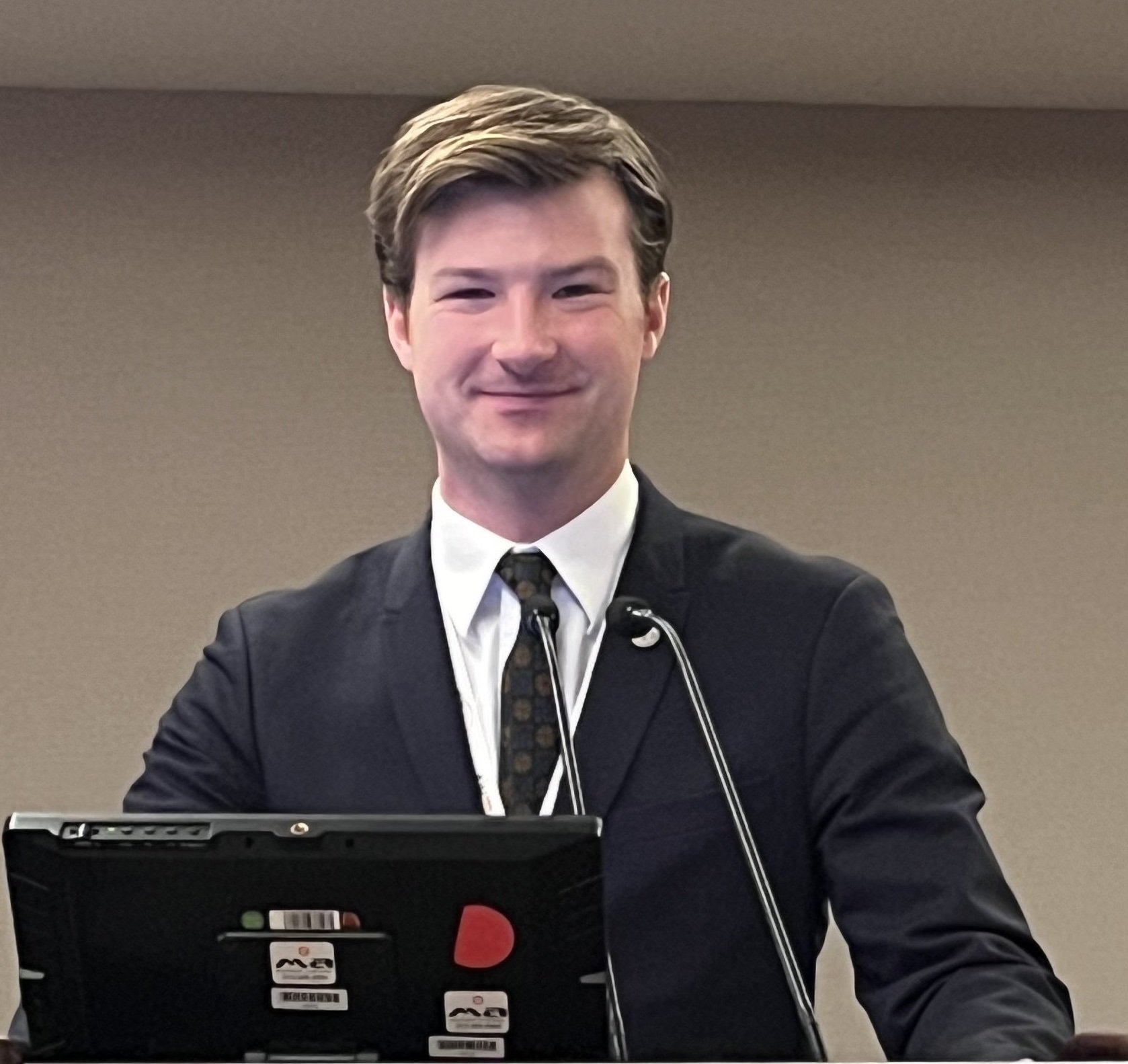Dr. Christopher Cheng has 25+ years of experience in academic research and the medical device industry. Dr. Cheng’s academic research has focused on hemodynamics and vascular structure mechanics, and he is considered the preeminent expert in quantifying vascular motion. He has authored over 100 publications and edited Handbook of Vascular Motion (PROSE Book Award Nominee, https://www.elsevier.com/books/handbook-of-vascular-motion/cheng/978-0-12-815713-8), the first and only book dedicated to how blood vessels move. Dr. Cheng is an Adjunct Professor of Vascular Surgery at Stanford, Director of the Vascular Intervention Biomechanics & Engineering (VIBE) Lab (vibelab.stanford.edu), and President of the Cardiovascular Implant Durability Inc. (cvidconference.org), a non-profit organization leading the effort to improve durability of cardiovascular devices.
In his industry experience, he has worked at small and large medical device companies, with experience spanning design, manufacturing, preclinical testing, clinical trials, and marketing, including being co-founder and CEO of Kōli, Inc., an early-stage medical device company developing a catheter-based solution for gallstone disease. He earned his undergraduate degree in Biomedical Engineering and Electrical & Computer Engineering at Duke University, and then earned Master’s and Ph.D. degrees in Biomechanics at Stanford University. Dr. Cheng is a board member of several commercial and non-profit organizations, including the Duke University Pratt School of Engineering.
Christopher Cheng, Ph.D.
Dr. Johan Bondesson has 10+ years of experience and is an expert in boundary condition development for cardiovascular devices, specializing in medical imaging, image processing, geometric modeling, and geometric and deformation quantification. He has worked extensively with medical device companies, including performing literature reviews, clinical imaging trial management, medical image analysis, boundary condition development, and root cause analysis. He has worked on devices to address structural heart disease, aortic aneurysm and dissection, peripheral arterial and venous disease, and dialysis.
Dr. Bondesson did his Master’s, PhD, and postdoctoral research in the VIBE Lab at Stanford with Dr. Cheng, focusing on thoracic aortic dissection modeling with respect to medical device design and clinical applications. He has authored papers in biomedical engineering, vascular surgery, radiology, physiology, and interventional cardiology journals, and has given presentations at several international conferences. Dr. Bondesson earned his undergraduate, Master’s, and Ph.D. degrees in Mechanical Engineering from Chalmers University of Technology and completed his postdoctoral training at Stanford University.
Johan Bondesson, Ph.D.
Dr. Pauline Berens is an integrated Vascular Surgery Resident at Stanford Hospital. She is currently a postdoctoral fellow in the Stanford Cardiovascular Institute, working in the VIBE Lab with Dr. Cheng. Dr. Berens’ research focuses on computational modeling of vascular biomechanics and utilizing deep learning pipelines to extract clinically relevant insights from medical imaging data.
Dr. Berens’ current projects include work on iliofemoral arterial and venous morphology and pathology, and complex aortic arch and thoracoabdominal aortic endovascular repair. Dr. Berens has an undergraduate degree in biomedical engineering from the University of Texas at Austin and her MD from Baylor College of Medicine.
Pauline Berens, M.D.
Dr. Ga-Young Kelly Suh has 15+ years of experience applying computational analysis to human data relevant to endovascular surgery with medical devices. Her research employs a multidisciplinary approach to recruit patients, manage clinical trials, acquire medical images, and develop tools to extract measurements for vascular surgeons and device manufacturers. During her graduate studies, Dr. Suh applied computational fluid dynamics and optimization of boundary conditions to simulate blood flow in patients with vascular disease. Her recent work includes evaluating the in vivo motion of vascular stents and their surroundings using medical imaging and geometric analysis to help predict surgical outcomes.
Dr. Suh’s research has been funded by NIH, American Heart Association (AHA), Department of Defense (DoD), and several California State University (CSU) grants. She is on the organizing committee and board member of the CardioVascular Implant Durability (CVID) Conference, and an active member of the Society of Vascular Surgery and AHA. Dr. Suh joined the Department of Biomedical Engineering at CSU – Long Beach, as Assistant Professor in Fall 2019. She obtained her Ph.D. in Mechanical Engineering from Stanford University and was a postdoctoral fellow/research associate in the Division of Vascular Surgery at Stanford from 2011 to 2016.




